Breaking news! Australia announces abolition, Chinese will flood in!
Earlier this year, the Albanese government, the Australian prime minister, put forward a controversial proposal to cap the number of international students in Australian universities, limiting the number of new international students to 270,000.
This move is aimed at restoring the number of temporary immigrants to pre-pandemic levels and cracking down on improper educational institutions.
However, once the proposal was put forward, it sparked widespread discussion and controversy.

But...by noon today, various media reported that this restriction bill has definitely died!

Yes, the progress of this bill has not been smooth.
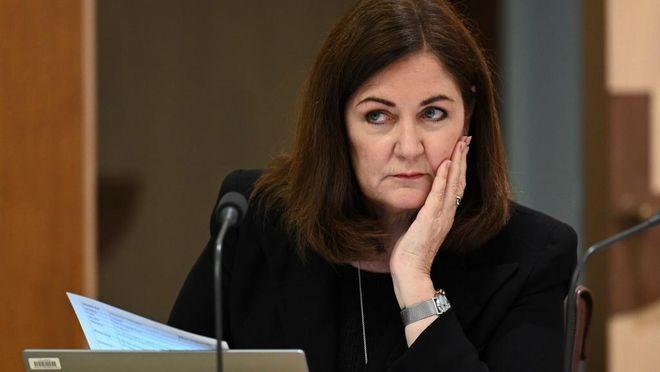
As the January 1, 2025 deadline approaches, the Australian Parliament has only two weeks left to review the bill. During this period, that is, within 24 hours, the Australian Coalition Party has made it clear that it will vote against it, believing that the bill is "chaotic and confusing" and cannot effectively solve the current problems.

Just yesterday, the Coalition's education spokesperson Sarah Henderson, the Department of Home Affairs spokesperson James Paterson, and the Department of Immigration spokesperson Dan Tehan issued a joint statement:
There are various problems with the new education bill,
The Coalition cannot support this decision!
The good days of Chinese students are back!
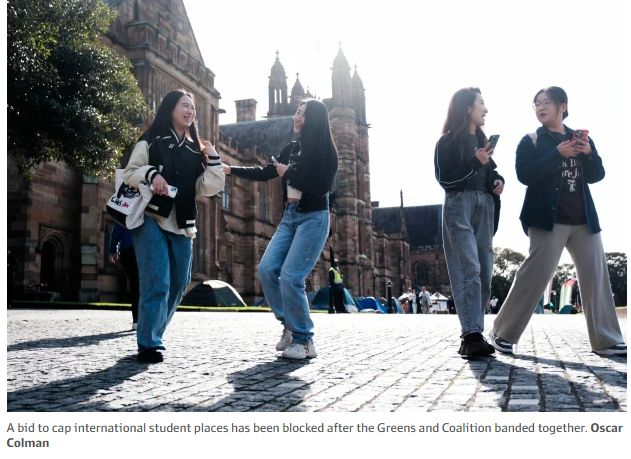
The Coalition's education spokesperson Sarah Henderson, home affairs spokesperson James Patterson and immigration spokesperson Dan Tehan pointed out in a joint statement that the cap measures proposed in the bill will not solve the fundamental problem at all, but may exacerbate the crisis caused by the government itself.
They said that they could not support these measures that would only exacerbate the problem.
At the same time, the Green Party has long opposed the bill.
Green Party higher education spokesperson Mehlin Farooki described the bill as "immigration bill disguised as education policy" and pointed out that the Labor Party's restrictive policy on international students is doomed to fail.
The opposition of the two major parties means that the implementation of this bill is hopeless, and Chinese people are also hotly discussing it!

At noon today, the Australian authoritative media AFR also confirmed it! It’s over!
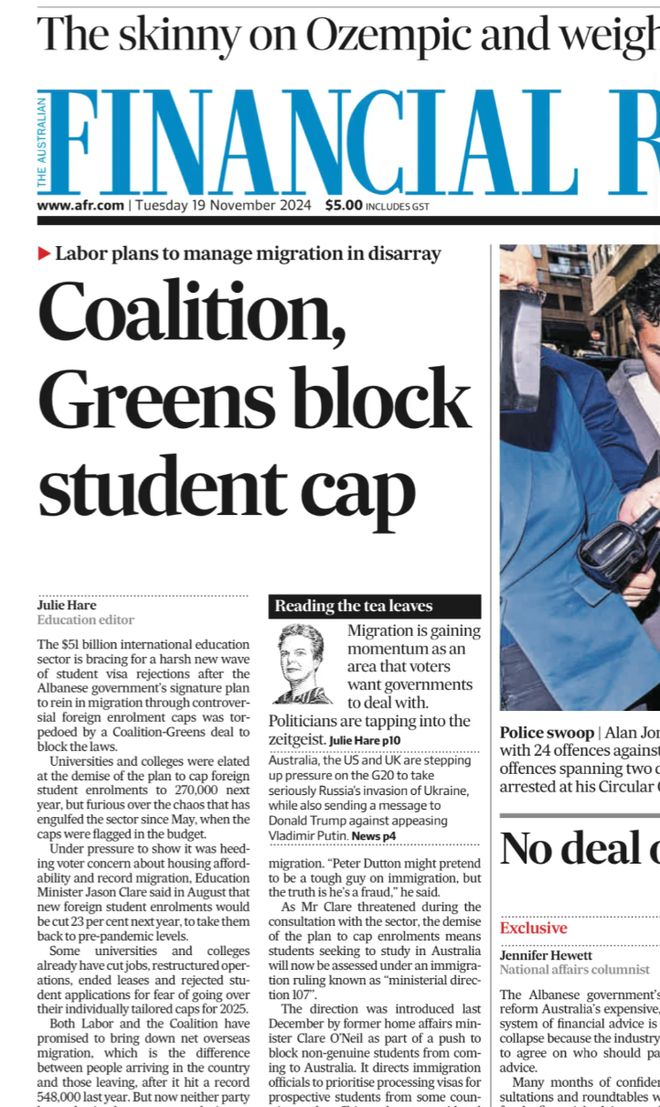
It is worth noting that some Coalition politicians, including Coalition leader Peter Dutton, had previously expressed support for student number limits. However, with only a few weeks left before the measure came into effect, they suddenly changed their stance, a change that triggered a harsh response from Education Minister Jason Clare.

Clare accused the Coalition's decision to block the bill of destroying Dutton's credibility on immigration and criticized him for being soft on immigration.
Green Party's long-term opposition: the rationale for the bill to be repealed
The Green Party has long opposed the bill, and higher education spokesperson Mehreen Faruqi called it "an immigration bill disguised as an education policy."
Faruqi said in a statement that it was only right that Labor's reckless and chaotic policy of capping the number of international students was finally repealed, which was exactly the way policy making should not be done.
The Green Party's position further consolidated the rationale for the repeal of the bill on the number of international students.
Ministerial Directive 107 continues to take effect: the Big Eight Alliance claims victory
If the bill does fail to pass Parliament by the end of this month, a controversial regulation known as "Ministerial Directive 107" will continue to be effective.
The directive has been in effect since December last year and requires immigration officials to give priority to applications from students from low-risk schools.
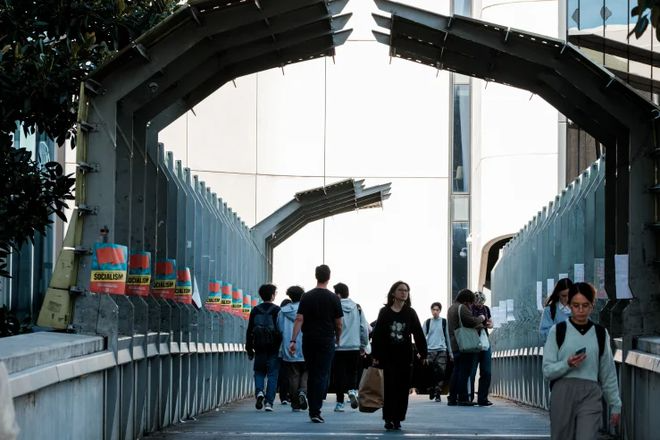
Image source:brisbanetimes.com.au
This means that larger, more prestigious universities are able to recruit more international students, while smaller, regional universities face greater challenges.
However, Vicki Thomson, CEO of the Group of Eight, which represents Australia's most prestigious universities, said the Coalition's decision to block the bill was a win for both the economy and common sense.
She pointed out that it was unfair for international students to be blamed for everything from the housing crisis to the rising cost of living.
The bill was originally intended to weed out informal and unreliable educational institutions, but it poses a real threat to Australia's most successful export service, international education, which is worth A$51 billion.
The latest news hotspots between China and Australia,
Party differences and net immigration targets
It is worth noting that while both major parties have said they want to see Australia's net overseas migration figures lower, their targets are significantly different.
The Labor government expects net immigration to reach 260,000 in fiscal 2024, while Opposition Leader Peter Dutton has said his party's goal is to keep the number to about 160,000.

University admissions chaos and uncertainty
Against this backdrop of policy uncertainty, Australian universities have also fallen into admissions chaos.
Some universities have continued with 2025 admissions, while others have suspended international student applications.
The peak university body said the lack of clear policy guidance has caused chaos across the industry as educational institutions need to determine their budgets by the end of the year.
Vicky Thomson, CEO of the Group of Eight, pointed out that the law has not yet been introduced, and educational institutions have the right to issue admission notices and students have the right to accept them. However, some of the indicative figures provided by the government are meaningless because they are not laws.
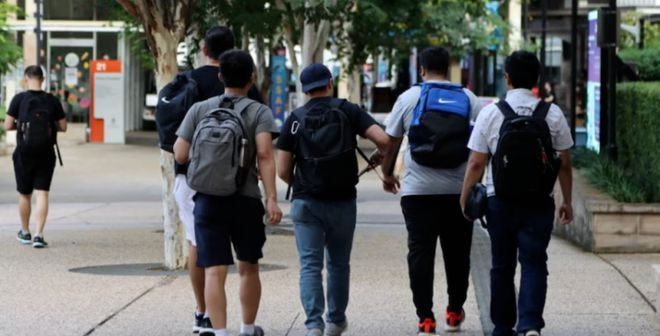
She said there was no clear answer as to whether the law would have retroactive effect if universities enrolled more students than the legal cap that was eventually passed.
According to Ms. Thomson, the member universities of the Group of Eight had issued about 50,000 admission offers in August.
Facing an uncertain future, universities have taken different approaches to managing enrollment.
For example, the University of New South Wales has suspended applications and introduced admission rounds and a waiting list system; while the University of Melbourne has said it will continue to issue admission notices to international students.
However, at present, the termination of the bill means that Chinese students, etc., can enter Australia without too many restrictions! What good news!
What do you think of this bill?
Faced with the above bill
Many Chinese students in Australia are talking about it
Australian media reported that Chinese student Kepuyan Wu said that the federal government should spend more time developing the Australian economy instead of "blaming foreign students for the housing crisis."

(Photo: AFR)
The 23-year-old, who grew up in Xi'an, China, is studying a Master of Journalism at the University of Melbourne and particularly enjoys the practical aspects of the course, such as learning how to record and edit audio and video content.
Wu came to Australia after graduating from Lanzhou University last year with dreams of working in the media industry. Wu said that in general, Chinese students consider Australia to be the third most desirable place in the world for higher education, behind the United States and the United Kingdom, and ahead of Canada, Japan and European countries.
She added that the QS World University Rankings was a key indicator, with the University of Melbourne ranked as the best university in Australia, rising from 14th to 13th in the world this year.
The University of Sydney ranked second in Australia and 18th in the world, followed by UNSW (19th). The University of Melbourne also ranked first in the Times Higher Education rankings, followed by Monash University, the University of Sydney, ANU, UQ and UNSW, all in the top 100 worldwide.
However, Wu believes the Albanese government has made a key mistake in limiting the number of foreign students to solve the housing crisis.
"The government should focus more on economic development rather than blaming international students for the housing crisis," Wu told The Australian Financial Review.
"Most students just live in the city center, but housing shortages are everywhere. I feel we are being sacrificed by the government's goals."
"Universities also admit that they rely on our high tuition fees to conduct research, and unless the government invests more money in this area, the universities will not be satisfied."
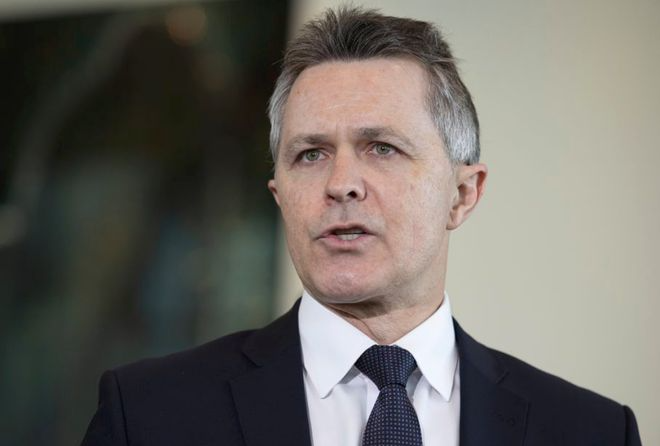
Australian Education Minister (Photo: AFR)
Labor was committed to limiting overseas immigration before the election. The Coalition has not yet revealed whether it supports the bill, but if it does, it will help the opposition achieve its more aggressive goal of reducing immigration.
Despite feeling the pinch of living costs - her student accommodation bill increased by $30, or 5%, to $579 a week this year - Wu still likes life in Melbourne and the opportunity to meet other foreign students from Malaysia, Japan and India.
Wu, 23, hopes to find a job and continue living in Australia on a temporary visa after graduation. "I have had a great experience that exceeded my expectations," she said, adding that although Australian universities have a high reputation overseas, many Chinese students believe they are easier to get into than institutions in the United States and Britain.
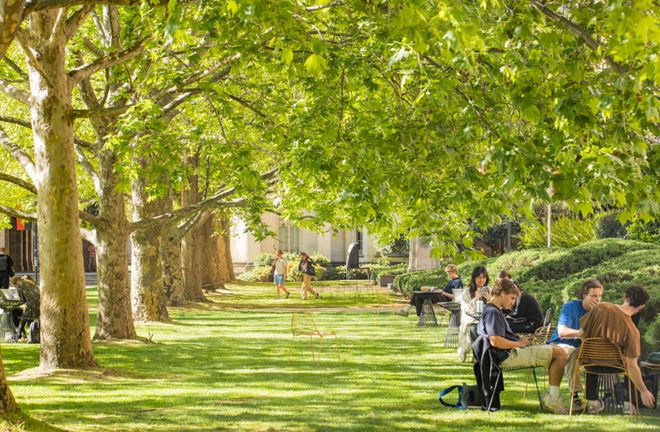
(Photo: AFR)
Interestingly, she said that if foreign students are restricted from applying, it may change Chinese students' views on Australian universities because it becomes more difficult to get in.
This view is also shared by her classmate, 24-year-old Chinese student Jining Wen. He believes that increasing the competition for admissions will enhance the reputation of Australian degrees in China.
"I think setting a registration cap is a good thing. It raises the threshold for selecting international students, which can increase the value of the degree," he said.
"In my country, people think that Australian universities are relatively easy to apply for, but difficult to graduate." Wen said that a key difference between Chinese and Australian higher education is that the former places more emphasis on the final homework or exam results, while the latter is assessed more evenly throughout the course.
Like Wu, he receives financial support from his parents, but also works part-time as a waiter to pay the A$370 weekly rent for a shared apartment.
"I can't survive in Australia without my parents' support," Wen said. "The cost of living here is too high for international students."
"Unfortunately, there are a lot of homework during the semester and my priority is studying, so I don't have much time to work part-time."
Yuzhe Zhou, another Chinese student studying for a master's degree in computer science at the University of Sydney, believes that most Chinese students in Australia are financially supported by their parents.
Zhou does not share Wu's concerns about the federal government's enrolment cap, but agrees that the move may improve the reputation of Australian universities in China because it is more difficult to get into the university.
The 25-year-old student believes that Australia is highly regarded globally for its natural beauty, high wages and excellent quality of life. But according to Zhou, in the Chinese job market, some employers look down on Australian degrees because of the shorter study time, calling them "water masters", meaning that the academic value is low and superficial.
